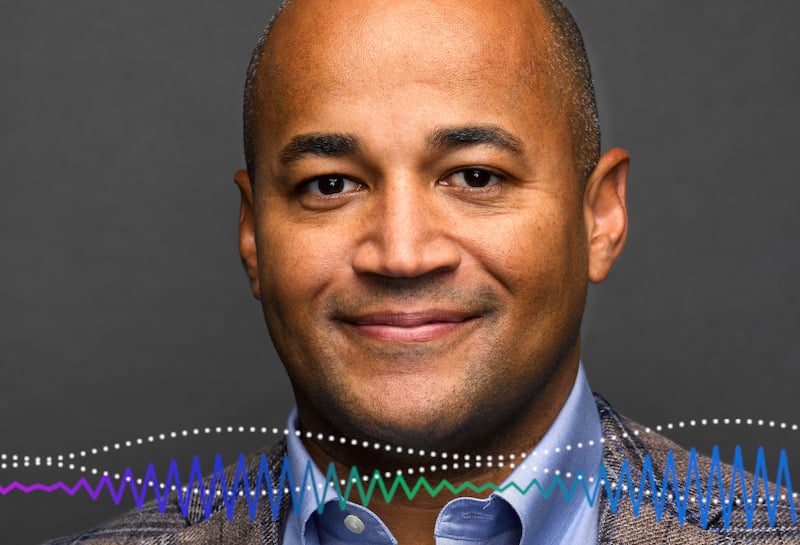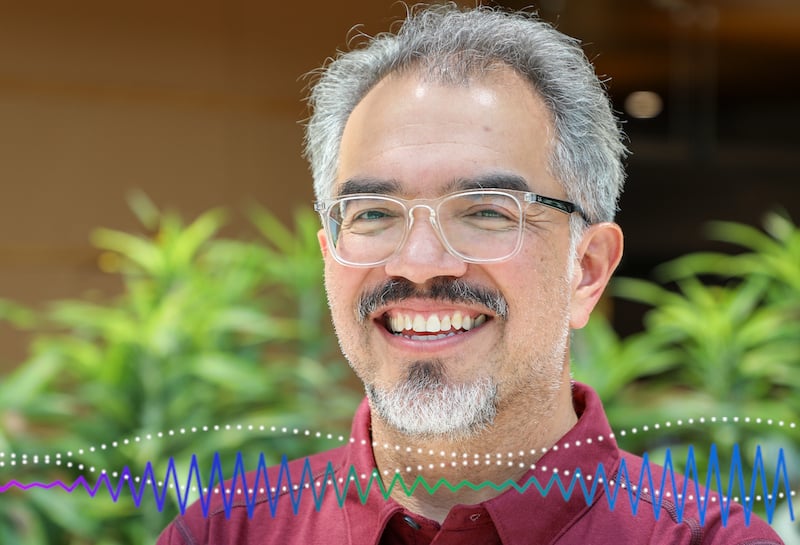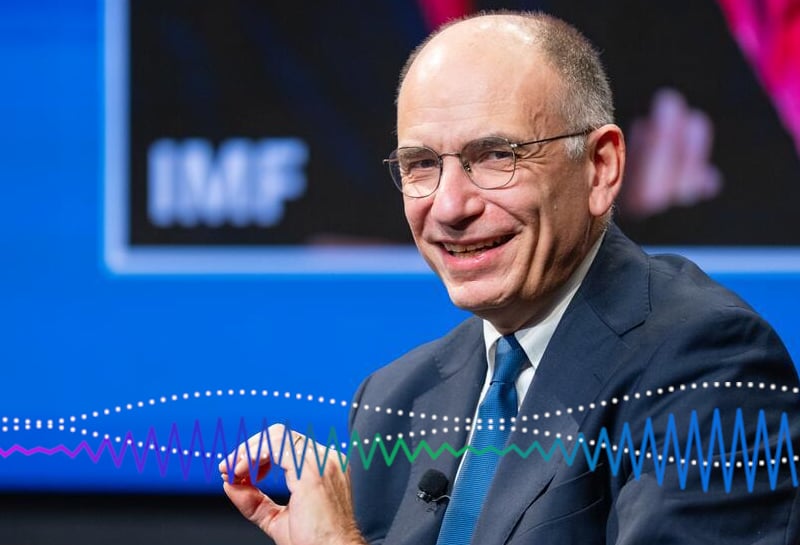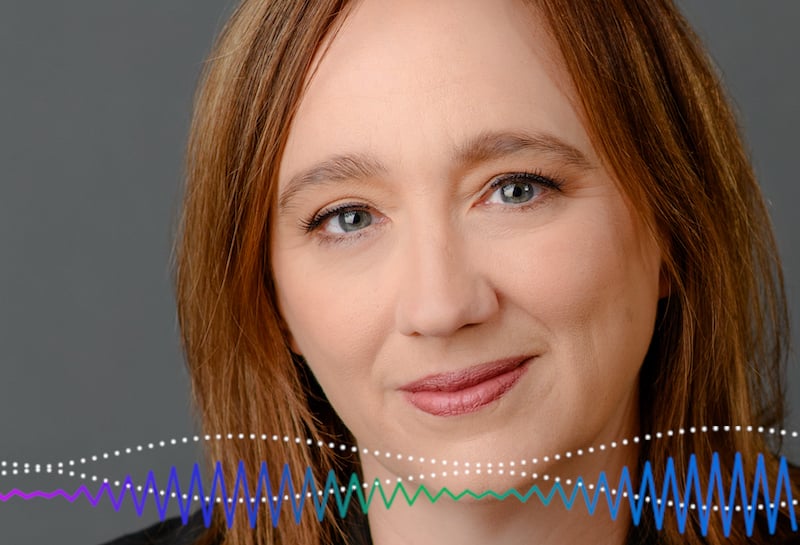
A Dream Deferred: Inequality Across Generations in Europe
Apprentice learns a trade in Portugal. Learning skills help youth bridge the growing income divide in Europe (photo: Tim Brakemeier/DPA/Newscom).
In This Episode
Incomes for Europe’s youth declined after the 2007 global financial crisis—largely due to unemployment. And while things have recovered somewhat, the trend toward short-term work and less stable jobs has meant incomes have not grown and young people are now more likely to fall into poverty. Meanwhile, Europeans 65 and older have seen incomes increase by 10 percent. New research by IMF staff looks at this Growing Inequality and Poverty Across Generations in Europe, and how it could have long term effects on Europe’s economy. In this podcast, coauthor Alexander Pitt says when the young are better off, we’re all better off.
MR. EDWARDS: Hello, I'm Bruce Edwards, and welcome to this podcast produced by the International Monetary Fund. In this program inequality is growing in Europe, but this time it's between generations.
MR. PITT: This is not an issue of old versus young, it is basically if the young are better off we are all better off in the end. The economy can grow, more is there to be distributed to everybody.
MR. EDWARDS: Incomes for Europe's youth declined after the 2007 global financial crisis largely due to unemployment. And while things have recovered somewhat the trend towards short-term work and less stable jobs has meant incomes have not grown and young people are now more likely to fall into poverty. Meanwhile, Europeans 65 and older have seen their incomes increase by ten percent. A new study by IMF staff looks at this growing inequality and poverty across generations in Europe and how it could have long-term effects on Europe's economy if not addressed.
Alexander Pitt is an economist in the IMF's European Department and co-authored the report. So why this growing income disparity between the young and the old in Europe?
MR. PITT: Well, the global crisis and how it has played out in Europe has had very different impact on different age groups. And when we look at the overall Gini coefficient, a measure of inequality, that hasn't changed very much. But if you look at what happens to different age groups there you see that for the young their poverty rate has increased, the likelihood of living in relative poverty has increased, the incomes have essentially stagnated, first declined, now recovered a little bit, but stagnated over the past ten years, whereas for older people, pensioners, incomes have increased and the risk of poverty has declined dramatically. The reason for that is that the crisis has played out via the labor market and fiscal policy. As we know, unemployment has risen and the young, who faced higher unemployment rates already before the crisis than the average population, have been especially hard hit. And not only unemployment, but also more precarious employment, less stable jobs, less well paid jobs. And at the same time social programs had to be restrained because fiscal strains have emerged and governments are forced to save. But in doing so governments have generally protected pensions because of -- in taxation rules, for example. And, of course, old people are not dependent on the labor market if there is even pension.
So you have the labor market impact and fiscal impact, and both have played basically against the young.
MR. EDWARDS: And so what are the broader implications for Europe's economy if these issues aren't addressed?
MR. PITT: Well, I mean as the Managing Director has said, it's a dream deferred. And if that dream of stable employment and career opportunities has to be or is deferred too long for the young, then we basically are raising a lost generation. And that has not only implications for the people themselves, for the youngsters today, but also because I mean they earn less, they save less, they earn fewer pension rights, and they have to carry the burden for the older, to pay the pension for the older generations. But it's also a broader economic problem because they are less productive, they are less skilled, and that undermines the growth potential of the entire economy with detrimental consequences for everybody.
MR. EDWARDS: So one of the findings in the paper is that the older population seem to be more financially secure than they were perhaps if the same group was perhaps ten years ago. Why is that?
MR. PITT: Well, the older people they live essentially off pension and pensions have been indexed either to ages and/or inflation and are therefore to some extent decoupled from the volatility of the economy, which I mean ten years ago of course with the global crisis has been very high.
MR. EDWARDS: So how much of this is about the traditional labor market institutions, minimum wage, unemployment insurance, that have not adapted to today's work environment?
MR. PITT: Well, the classic welfare state, the modern welfare state, has been built in the post war years, is centered around the model of lifelong employment, fairly stable job. But this is no longer necessarily the case. I mean those jobs are becoming rarer and many more people have to now make do with short-term temporary jobs, part-time jobs -- even if they want to work full-time, and in general more flexibility is required. And that means that, for example, in some unemployment schemes that what you can get out of it, in case you are getting unemployed, depends on what you put in before. And if you are in a volatile situation or earn very little, or have always these spells of unemployment you cannot acquire the same rights as if unemployment is something happens to you once or twice in your working life and before that you have a reasonably stable employment situation.
So the system is basically not adapted to the modern flexible world of work. And I mean specifically on labor market institutions, for example, such people in what we call gig economy, they are so much more difficult to organize. And one of the findings in our paper is that the degree of coordination and organization in the labor market between employers and employees, that's a very important determinant of how unemployment affects the young. And where that works well, I mean the classic example is Central Europe, Germany, Austria, these countries where these institutions are strong they have been hitless, the youth have been hitless in those countries.
MR. EDWARDS: So stronger unemployment insurance schemes and --
MR. PITT: It could be stronger unemployment insurance schemes, but it could also be better labor market coordination between the different actors. It's not just antagonistic necessarily, employers versus employees, but one tries to find solutions together, I mean including through education, for example.
MR. EDWARDS: And do you think that this unemployment issue has to do with fewer employment opportunities, or is that young people don't have the skill set that allows them to take advantage of those employment opportunities that exist?
MR. PITT: It's probably a bit of both. Of course the economic downturn in 2009-10, and in subsequent years in several European countries makes it impossible even with your best educated young entrant into the labor makes, makes it very difficult to find a job. But at the same time, we have also seen that these schemes that emphasize skills and in particular skills that are not theoretical but actually that companies need. So if curricula are designed between employers, employees, and the state support as well, that can help a lot to cushion the blow and also adapt the young to a labor market so that they really have the skills that are in demand.
MR. EDWARDS: So the recommendations in this paper are about -- mostly anyway -- spending more on social protections for the young. Does Europe have sufficient tax base to cover the expense of that?
MR. PITT: Well, I mean, as we know, taxation in Europe is in general quite high, but it should not be impossible to finance better social protection. I mean in some areas money can be shifted around from less efficient uses to more efficient uses. For example, active labor market policies, expenditure on that could be directed or focused on areas where skills are imparted. So that would help the young not only to just get some temporary job to (inaudible) them, but also to learn something that they can move into the first labor market.
But, also, I mean there is a tax base that is not tapped, or not sufficient tapped perhaps. Wealth taxes have been declining or are very low in many countries. And the progressivity of income taxation has also been declining over the last several decades already. So if some of that potential could be tapped that would go a long way. I mean the sums involved are probably not very large that are needed and, yes, as I said, taxation is high in Europe, but the resources are there.
MR. EDWARDS: Do you think there's a political implication of drawing more from the aging population?
MR. PITT: Yes. I mean the political dimension is of course not easy. But, for example, France has introduced a reform where social security contributions have been reduced, especially for low wage earners, and at the same time to counter finance that taxation of total income, including pension, has been increased. So that is a shift from pensioners to younger people.
I think most importantly we should view this as business investment, investment in the future of not only the young people themselves, but in the future of our economies, of our societies. And that also implies that this is not an issue of old versus young, it is basically if the young are better off we are all better off in the end. The economy can grow, more is there to be distributed to everybody.
MR. EDWARDS: That was Alexander Pitt, Senior Economist in the IMF's European Department and co-author of " A Dream Deferred: Inequality and Poverty Across Generations in Europe", which you can find at IMF.org.
If you liked this podcast subscribe on iTunes or on your favorite podcast app, just search for IMF Podcasts. And you can also now follow us on Twitter at IMFPodcasts.
* * * * *
Join Us on Every Major Platform
Latest Podcasts
BEHIND THE MIC

Bruce Edwards
International Monetary Fund
Bruce Edwards produces the IMF podcast program. He's an award-winning audio producer and journalist who's covered armed conflicts, social unrest, and natural disasters from all corners of the world. He believes economists have an important role in solving the world's problems and aspires to showcase their research in every IMF podcast.

Rhoda Metcalfe
RHODA METCALFE is an independent journalist and audio producer.










